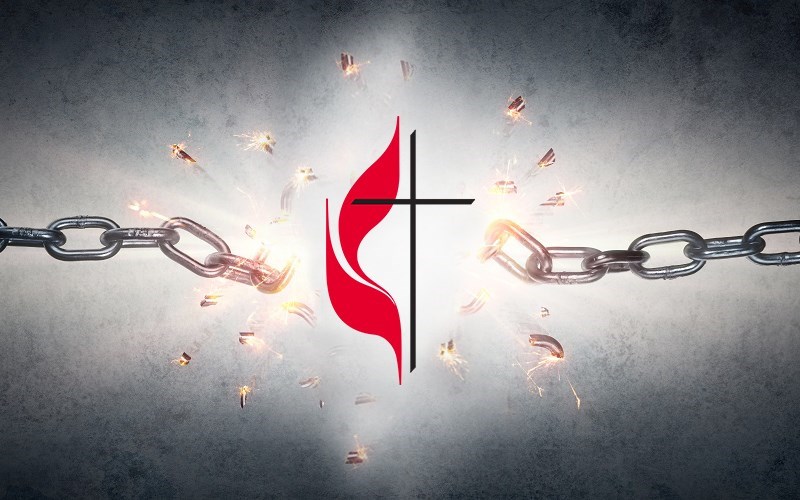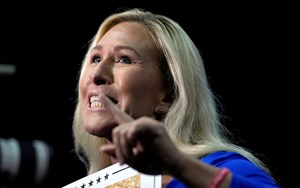Delegates voted 586-164 on Thursday for the “regionalization” proposal on the third day of their 11-day General Conference, the legislative body of the United Methodist Church, meeting in Charlotte, North Carolina.
The plan would create multiple regional conferences — one for the United States and others covering areas ranging from the Philippines to Europe to Africa.
Existing regions outside the United States — known as central conferences — already have the flexibility to adapt church rules to their local contexts, but the jurisdictions in the United States do not. This constitutional change would give the U.S. church that flexibility, while defining autonomy more closely for all of the regions.
The vote total easily passed the two-thirds majority required for an amendment to the United Methodist Church’s constitution. To become official, however, it will require approval by two-thirds of its annual conferences, or local governing bodies.
If ratified, one effect of the change is that it could allow for the American church — where support has been growing for the ordination of LGBTQ people and for same-sex marriage — to authorize such rites, even as international churches with more conservative positions on sexuality would not.
The measure comes during the first General Conference since more than 7000 U.S. based congregations left the denomination in the past four years — most of them conservative churches reacting to the denomination's failure to enforce rules against same-sex marriage and LGBTQ ordination.







